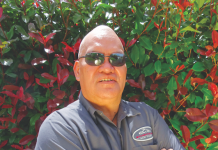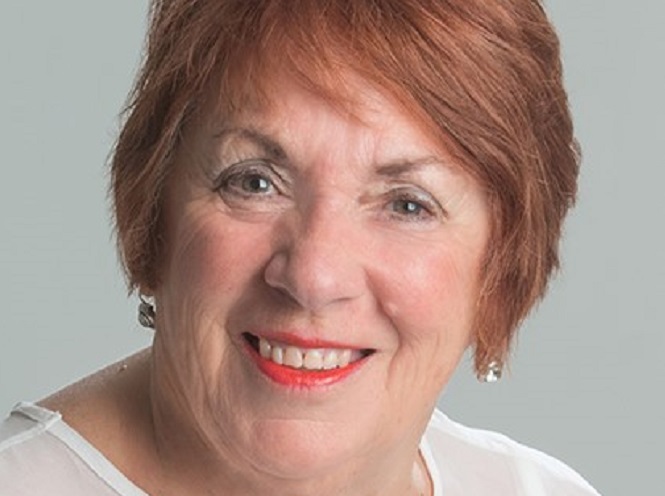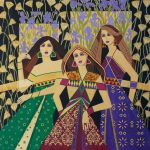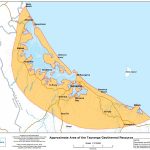Oh dear, we all know, however subconsciously, that older women are invisible. Ask any older woman walking down the street, or walking on the Mauao base track if people consider her. Oh no, they say, “people don’t see me coming, they bump into me all the time.”
I know from my own experience that this is so. If I didn’t step out of the way I would be ‘in the way.’ Have you noticed that older people out walking on our lovely walkways are polite, always step aside, and give way to children, adolescents, other adults and especially cyclists that barrel down the footpath as though it was just theirs. It is not only because they risk injury and are self-protecting, but because the footpath is just not wide enough, and we haven’t really made a place for living longer as a culturally successful phenomena.
The Silent Generation
This story is only a metaphor for the cultural space that older people occupy. It is in part their own fault because the age group prior to “baby–boomers is known globally as the Silent Generation. A stark contrast to the noisy self-promoting Millenials. Largely now all over 75 years they have given much to the development of New Zealand communities and society as we know it. They got on with things. Women did the washing and the baking, built kindys and playcentres, supported Red Cross and all the other voluntary agencies along a lifetime. And grew silver beet. But, they do not complain, they remain ‘silent’ expecting that Council considers them and their wellbeing needs. After all, “that is what we elect them for”. Ask them through ‘consultation or surveys’ and from the goodness of their heart they say that youth have needs.
Ageing as a woman
The women on the cover of this magazine are still ‘managing life,’ as one must, courageously trying to find ways to survive with dignity and some fun. It is true that as a society in New Zealand we have been slow to respond the demographic transformation. The result is growing inequality and ageing insecurity. We have waited for the market to respond, it will when the boomers make their demands. I trust this City will not leave many older-old out in the cold, and that they will be first and foremost in our hearts and actions.
Today as a survivor she is called “dear” he is called a grumpy old b…. but not often really considered as part of the fabric of everyday life. History and research shows that older- old women have a hard time. They suffer inequality and insecurity. Many older women have survived a marriage and birthed three, four or more children. Most have never had a regular wage or personal income until they reached the gold card age. How are they supposed to manage in a world where basic costs of power and rent escalate and even the price of butter is outrageous.
Many older-old people over 85 years live alone, especially women, because in their age group men have died first. Let’s acknowledge from a community perspective that it’s not easy to manage a household, manage a single superannuation income and buy life’s necessities, impossible if you have to rent somewhere suitable to live. Unless you are older in general people don’t really understand that managing an ageing body is hard work. So, let’s stop calling her “dear.” Business please do some staff training – find another language that is not patronizing to elder customers. Policy makers see yourself in her.
Let’s care more
Let’s care enough to ensure that we are building a city where she, or he, can live with dignity, walk to the shops, or meet someone who says hello. Let’s care enough to proactively change policies to build suitable housing that will allow people live together for mutual support, care and sharing in later life. Let’s plan ‘living in the community villages’ so that people can afford to stay living in their own home and community. SUPA-NZ has a model project that can be actioned in community settings. AND let’s ensure that the City Council does not trade off the pensioner housing land with a loss of improved accommodation. There are plenty of innovative international models for reinvesting and remodeling housing for older people’s wellbeing. Policies that impoverish older people and treat them as invisible impoverishes future generations and denies them their deep wish to be treasured and purposeful in later life.
By Carole Gordon
I write for this magazine because this is the first occasion where the media has picked up on this matter.










































































